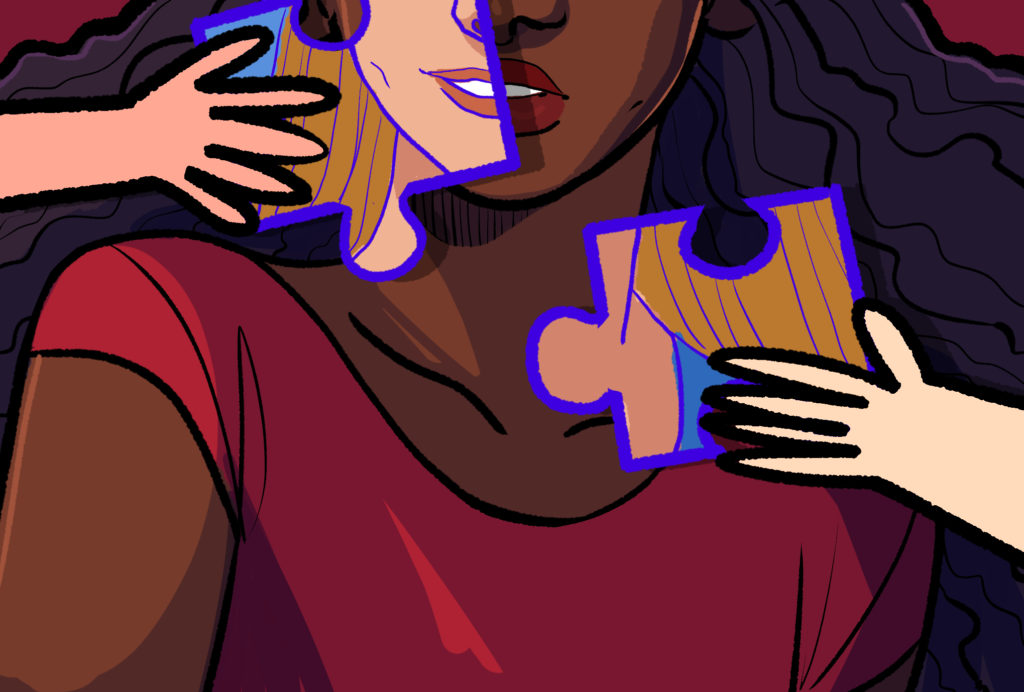
I came across a Youtube video the other night by Kingsley, titled, ACTING WHITE is NOT A THING. He was inspired by the Netflix original series, Dear White People because it displayed a spectrum of African American representation’s. Some of the key points he discussed was how how he did not know where he belonged in terms of identity because he acted “Too White” to hang out with his African American peers, and he was “Too Black” to hang out with his white peers. Kingsley, an African American himself, claimed to have been labeled to be “acting white” because he could articulate his words well; was placed in classrooms with mostly White peers due to his excelling academic performance; and his actions, hobbies, and interests were more of a “representative” of the stereotypical White population in his region.
He concluded his discussion by saying that there is no such thing as “acting White” and that we shouldn’t create stereotypes around a person because of their skin colour; our skin colour is not a holistic representation of who we are.
I related very closely to Kingsley’s video; growing up, I had a hard time finding my identity. Looking back and reflecting on my childhood and educational experiences, I was always a minority in that setting, but I didn’t feel like it. It wasn’t until high school where I was exposed to more people with a variety of backgrounds, values, an beliefs, did I begin to pay attention to the vocabulary and labels which I received. I’ve been called names such as “Oreo” various times, which I didn’t understand at first, therefore, I didn’t retaliate, but as I grew and reflected back on some of these experiences, I’ve realized that there is something utterly wrong with this treatment.
Compared to many people I grew up with, I did not have the “local” accent, I listened to different music, had a different diet, and interests from the majority population in my region. When I spoke to strangers for the first time, people usually take a double take. There are times where I feel intimidated and ashamed for simply speaking, or telling people my interests and tastes. I began to conform by proactively learning how to speak in the local slang; I tried to hide many of my interests and limited myself to only speaking about the topics the majority would actively engage in, but I didn’t feel like the real me. If I wasn’t the stereotypical “Black” person because I didn’t act like them, and if I definitely wasn’t a “White” person because my pigmentation tells me so, then who was I?
Kingsley is right in that my colour does not define me, an we cannot act a colour. We are all intersectional individuals, and our identities are fragmented, consisting of parts and pieces from, here and there, based on different experiences, cultures, backgrounds, and opportunities. “Race” is a socially defined characteristic, but because we use it so consistently to label individuals, we come across insulting stereotypes and generalizations about who we are like the one’s mentioned above. We live in the 21st century where we should not be bound to the antiquated system of conforming to the stereotypical identity of a “race”.
Jasmine Grannum, Arts and Business 2B




























